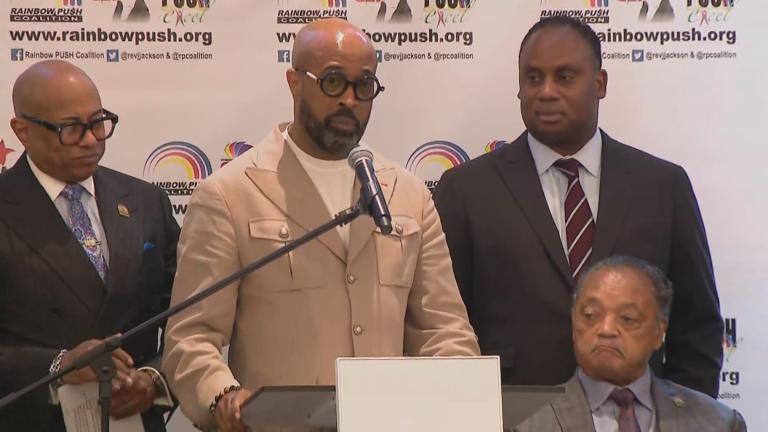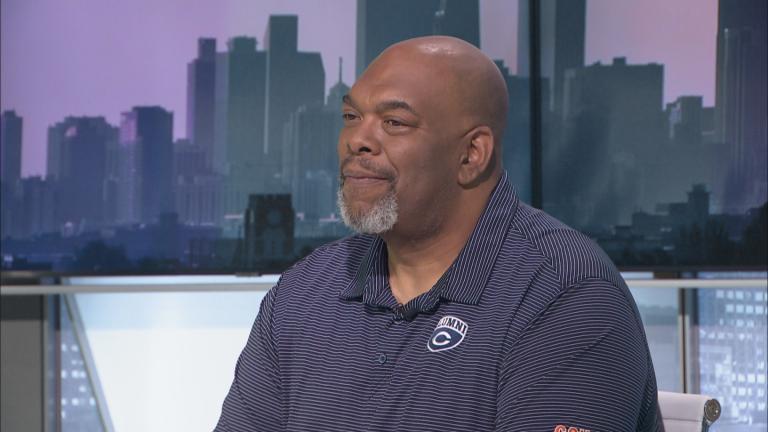Prostate cancer can be a touchy subject for men to talk about — but especially for Black men, discussing it with their doctor can be a literal lifesaver.
According to the Centers for Disease Control, about one in six Black men will be diagnosed with prostate cancer in their lives, and Black men are twice as likely to die from prostate cancer as men of other races.
Will Parks, who received his prostate cancer diagnosis in 2021, said the disease can also take a toll on men’s mental health. That’s why he encourages men to talk about that, too. He recalled hearing from his doctor about the results of his PSA (prostate-specific antigen) screening, a blood test given to screen for prostate cancer.
“When I found out about (my PSA test results), I thought, oh my gosh, I’m in trouble. I thought, I probably have a couple of months to live,” Parks said.
Medical oncologist Dr. Laura Farrington was part of Parks’ medical team at City of Hope Chicago. Farrington said Parks’ experience was pretty typical for men who learn they have prostate cancer — but that the diagnosis is far from a death sentence for most men.
“We often find these very easily with PSA screenings, which is a simple blood test, and then can confirmation with a biopsy,” Farrington said. “I think what most people don’t know, though, is that even with high numbers, prostate cancer is very highly curable.”
Parks opted for surgery, which successfully treated his cancer — but he said during the long recovery period, he struggled with feelings of depression. Parks credits maintaining open lines of communication with his community of supporters for keeping him going during that time.
“A lot of it was being with community, family and friends,” Parks said. “I’m a Christian, so a lot of prayer helped me through it. I have a godfather that actually had been through prostate cancer about 25 years ago, so he gave me a lot of resources to help out, so I was educated, so I understood a little bit more.”
Farrington said that experience is also common, and part of it is reluctance to talk about prostate cancer in the first place.
“Men don’t think to talk to their doctors about getting PSA screening, and especially for Black men, it’s very important because prostate cancer tends to occur at a lower age and it is more aggressive,” Farrington said. “I would encourage men to talk to their doctor about PSA screening generally starting at the age of 40 for Black men.”
Parks said while men might not want to talk about their fears about prostate cancer — worries about the screening methods or what the cancer and the treatment might do to their body functions — it’s important to push through the reluctance and talk about it anyway.
“I think in our mind, we think about the digital rectal exam and that’s not too thrilling for guys, you know,” Parks said. “And then we really don’t talk about health that much in the African American community. And that was one thing that my godfather talked about a lot. He’s like, well, men should really should discuss these issues and they don’t. So it needs to be opened up.”








